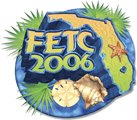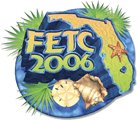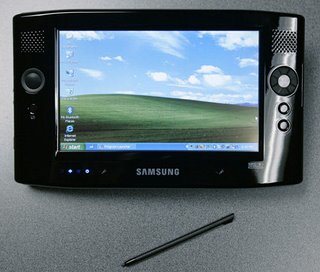In Costa Mesa California, school officials are seeking the expulsion of one student at the middle school, and have suspended 20 others. According to a report by the Associated Press (
here), a student at TeWinkle Middle School (OK, how does one live with that, and what is their mascot??) set up a group site on MySpace.com called "I hate _____," with a subtitle that included an expletive and an anti-semitic slur. A post on the site asked rhetorically (and graphically) whether anyone wanted to do harm to the girl named in the title of the group's page.
The student who put up the site is being investigated by police for a possible hate crime, and the district is moving to have the boy expelled. The school has already suspended 20 other students who viewed the site, though it is unclear what they may have seen as the posts to the site apparently changed at some point.
This kid, who put up the site, needs some serious attention. That may well mean expulsion from school and criminal charges, but at the very least a good dose of discipline in some form or fashion.
That being said, unless those other 20 kids actively participated by posting their own epithets or comments to the site, their suspenstions should be reversed. They may have been willing, and even vocally positive, consumers of the vile content, but viewing a web page, no matter how awful, should not constitute complicity with that site's author. If they accessed the site from school computers, in a manner contrary to school policy, then some form of discipline would have been in order. But that discipline should be the same whether they viewed the little nazi's page or did a Google search on Jessica Simpson. In this particular case, the wee dears did their viewing from home computers outside school hours.
(Click the link to read the full post ... )
The point is, viewing objectionable content isn't, can not be, in itself, a crime. In this case, there was a thinly veiled threat, specifically, "who in [this group] wants to take a shotgun and blast her in the head a thousand times?" Such a threat is criminal, but unless the other little darlings posted comments along the lines of "sign me up," they did not commit an offense by viewing the threat on their screen. Inherent in the First Amendment is the right not only to voice an opinion, but to hear one being voiced. Passive consumption is a form of protected speech.
What was posted is horrifying. That it can come from a middle-school student, even more so. That kind of hate and invective is an acquired skill, and clearly the little bugger has had an example set for him to follow. The student who set up and administered the group should be punished to the full extent possible. But his "audience?" We're talking about pre-teens or young teens here. Were they suspended for their complicity, or for the poor judgment they exercised in viewing those pages?
We tell our kids, "if you hang around with bad kids, they're going to get you in trouble." This is true whether they're hanging around on school grounds or on MySpace. But is a witness to an assault "complicit" by virtue of just watching? Or does complicity require a more affirmative act, a more participatory role? The school, in this case, felt and acted on the grounds that by going to the site, these 20 students became active participants in the threat ... a subjective decision that implies witnesses are culpable in the misdemeanors they observe. That's a slippery slope.
The whole case stinks. What happened to the girl is horrible. What was said was horrible. But what happened to those 20 kids is troubling, too. Definitely not cool.
Read the full post here ...





























